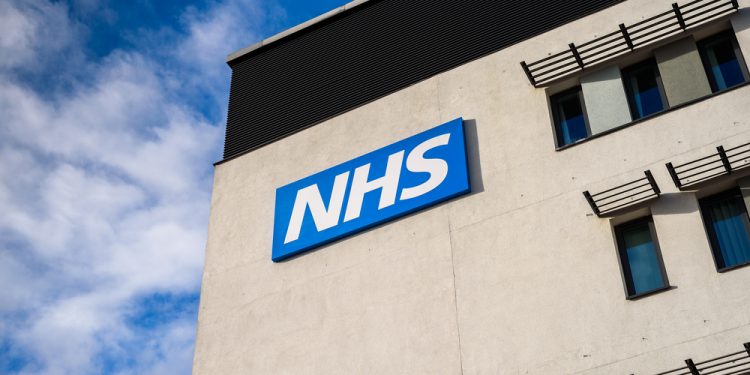The number of patients awaiting the start of NHS treatment in England hit a record 5.5m in June and analysis from the Institute for Fiscal Studies suggests this could rocket to 14m within a year due to millions of people failing to join NHS waiting lists during the pandemic.
This backlog will cause significant issues for several years to come, but it has already driven an increase in people seeking out private medical insurance (PMI) or private treatment for the first time.
While this is generally a welcome scenario for advisers it also leaves them in a difficult situation when dealing with people who already have a medical issue.
Increasing volumes of virgin business
“On one hand we have seen increasing volumes of virgin business being written as people without cover are saying ‘we see the pressure the NHS is under, and we see people that we know stuck on long waiting lists, so we need a policy in place to protect us and avoid this sort of pain’,” Isaac Feiner, director at Lifepoint Healthcare, tells Health & Protection.
“However, on the flipside there is also increased pressure on brokers and intermediaries’ resources and phonelines in fielding calls from the uninsured calling for assistance in dealing with active medical issues.
“These people have realised they are not getting treated on the NHS anytime soon so are in a position where they will either have to be on a lengthy waiting list or go down the self-pay route – which they clearly would prefer not to.”
It appears health insurers have certainly seen an increase in consumer business over the past year, backing up Feiner’s observations.
Aviva and Axa Health confirmed to Health & Protection an upturn in new consumer business over the past year, while a spokesperson for Vitality said it has seen increasing numbers of people exploring what health insurance policies can provide.
Axa Health pointed out that not being able to secure treatment on the NHS would not be driving take up as health insurance for individuals is generally designed to pay for treating new medical conditions arising after the customer has joined, not those already in existence at the time of joining.
In these cases Feiner says advisers have to break it to customers that insurance is not an after the event product and they are in either a wait or pay scenario.
“Our best advice on those calls is generally ‘we understand you haven’t been able to get something covered on PMI at this time and unfortunately you will have to self-pay or wait, but our advice is to explore putting in place a suitable product now, so that you can avoid these pressures and pains down the line if God forbid you need to have some treatment’,” he says.
Employer claims stable so far
While there is clearly an increased appetite among people to take out individual PMI to deal with issues that were delayed during the pandemic, this trend has not filtered through to any great increase in claims from employer schemes.
Steve Ellis, head of employee benefit consulting at Prosperis, told Health & Protection he had not seen any great rise in claims apart from one client who had unfortunately experienced a spike in demand for cancer care.
Steve Herbert, head of benefits strategy at Howden Employee Benefits and Wellbeing, attributes the absence of any great increase to two main factors – furlough and homeworking.
“You’ve got the vast majority of office based workers still home working and therefore any conditions they’ve got probably aren’t visible to the employer,” he says.
“And there are probably not too many people seeking spurious claims because at the moment people still don’t want to go to the doctor unnecessarily if they can avoid it because of Covid.
“Right now is the calm before the storm if you like in so much as everything’s a bit hidden, but as that unravels, which it will start to do very rapidly now, I expect there to be a massive surge in people seeking medical appointments for the first time or seeking treatment that perhaps they’ve put off.”
NHS using private sector
When that storm hits, the private sector will have a key role to play but there are fears increased NHS usage of private facilities could restrict availability for insured patients.
“Generally, the private sector is more fleet of foot and able to react but there comes a point where one could argue that even the private sector is a finite resource,” Ellis explains.
“If the NHS uses too much of that, then it defeats the object of private medicine because the capacity of the private sector will be stretched, so it’s really specific targeted sectors where the private sector can make a difference.
“It may be about clearing the backlog of hip and knee work and where people are in chronic pain – that would be my vision. Whether that is possible, who the hell knows?”
Andrew Green, director at Craigdalliehealthcare, agrees – arguing the private sector has a huge role to play in clearing NHS treatment backlogs.
“I see the NHS and private sector working together over the next couple of years. We’ll get more used to the NHS utilising the private hospital sector so they gain the capacity to get NHS operations done,” he says.
“But what I would like to see is more encouragement from employers to take out private medical insurance for their staff and in that way alleviate some of the pressure.
“They were saying this back in the 90s when I was coming in to the industry but I hope that this will be the time when you’ll actually see a difference.”






